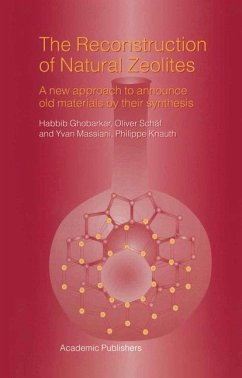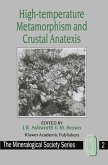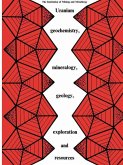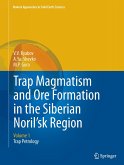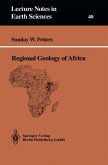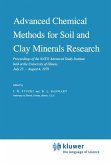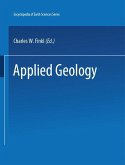More than seventeen years have passed now since Glauco Gottardi and Ermano Galli 1 have published their remarkable book on "NATURAL ZEOLITES" where properties and features of naturally occuring phases then available have been compiled. Several new natural zeolites have been found since then, but also natural counterparts ofzeolites which have only been known as synthesis products. The natural formation conditions of zeolites could only be deduced and estimated from their geological environment at the time when NATURAL ZEOLITES has been published, as zeolite synthesis was mainly focused on procedures at low pressures such as those introduced by Barrer and co workers'. Natural zeolites, however, had only been obtained "occasionally" and systematic study to reconstruct these formation conditions has not been performed ever since. This book is focused on the synthesis of natural zeolites by simulating the natural synthesis conditions in the laboratory which are essentially different in means and results from those obtained by conventional synthesis methods. Although the synthesis in the laboratory has undoubtly a great number of advantages over nature such as the employment of proper precursors or the choice of pressure and temperature in a wide range, the synthesis time is very limited in respect to natural conditions: synthesis times ofyears or even tens ofyears which would be necessary to obtain synthesis results for some zeolites- e.g. at 4°C (deep sea conditions) are rather unrealistic.
Bitte wählen Sie Ihr Anliegen aus.
Rechnungen
Retourenschein anfordern
Bestellstatus
Storno

